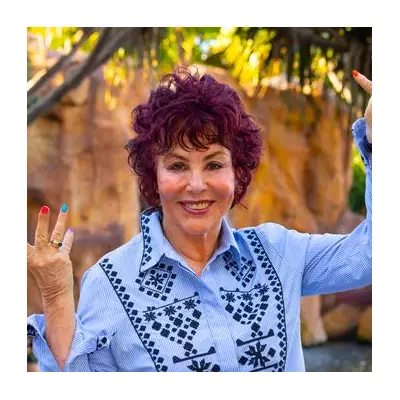
Nia DaCosta, the visionary director behind Candyman and The Marvels, has delivered a cinematic tour de force with her audacious reimagining of Henrik Ibsen's classic play, Hedda Gabler. Simply titled Hedda, the film premiered to a rapturous reception at the prestigious Toronto International Film Festival, instantly establishing itself as a major awards season contender.
At the heart of this triumph is a career-defining performance from Tessa Thompson in the titular role. Thompson doesn't merely play Hedda; she embodies the character's profound existential torment, razor-sharp intelligence, and destructive ennui with breathtaking precision. Her portrayal is a masterclass in simmering tension, capturing the agony of a brilliant woman trapped in a gilded cage of her own making and societal expectation.
A Masterpiece of Modernisation
DaCosta's genius lies in her seamless transplantation of the 19th-century Norwegian drama into a contemporary setting. This is no mere period piece with updated costumes. The director and her screenwriter, Patrick Marber (Notes on a Scandal), have meticulously re-engineered the story for a modern audience, making Hedda's struggle for agency and control feel terrifyingly immediate.
The claustrophobic world of academic ambition and intellectual jealousy replaces Ibsen's drawing rooms, providing a perfectly updated Petri dish for the story's toxic relationships to fester. The film's aesthetic is sleek and cold, mirroring Hedda's own emotional isolation, yet punctuated by moments of visceral, almost unbearable intensity.
Critical Acclaim and Festival Buzz
The Toronto premiere was met with a sustained standing ovation, with critics immediately heralding the film as a landmark adaptation. Praise was universally directed at Thompson's fearless performance and DaCosta's confident, auteur-driven direction. The supporting cast, including Patti LuPone and Rafe Spall, were also singled out for delivering powerful performances that perfectly complement the central lead.
Early reviews highlight the film's ability to balance its theatrical roots with bold cinematic language. DaCosta uses close-ups to devastating effect, forcing the audience into an intimate and often uncomfortable proximity with Hedda's unraveling psyche. The screenplay crackles with Marber's signature wit and intelligence, making the dense source material feel thrillingly accessible.
Hedda is more than just an adaptation; it is a fierce, relevant, and profoundly unsettling examination of a woman choosing destruction as her only form of power. It is a testament to DaCosta's formidable talent and cements Tessa Thompson's status as one of her generation's most formidable actors. The film is expected to be a major player throughout the upcoming awards season.





